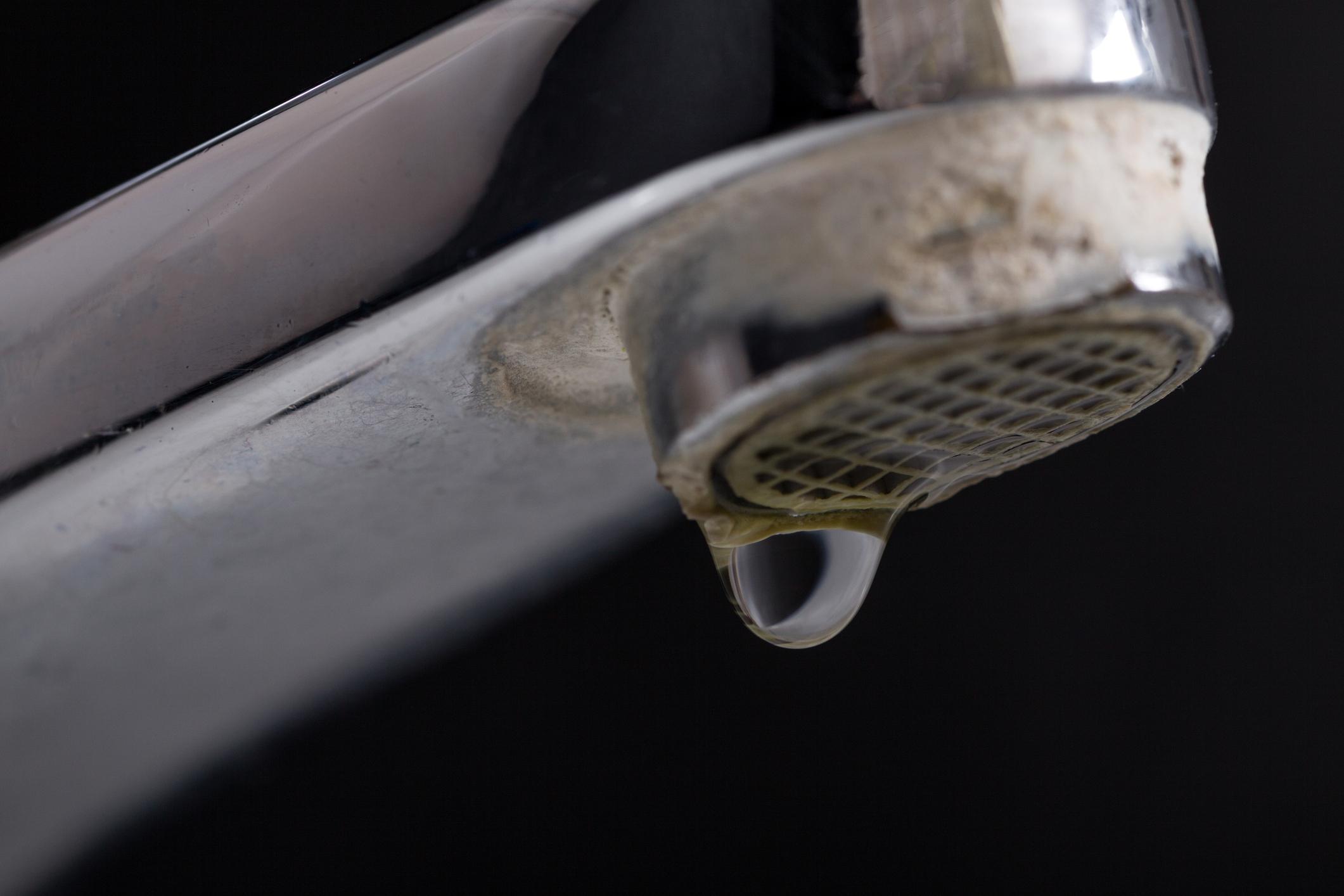

Let’Many people complain about the taste of their tap water, but taste is the tip of the iceberg. Some worry about the presence of forever chemicals and heavy metals in the UK’s drinking water system, though it is rare to find these contaminants in tap water.
According to the NHS, you should drink 6-8 glasses of water per day in order to stay hydrated. If you don’t like the taste of tap water, this can make drinking enough fluids a challenge. Luckily, there are a few types of water to choose from that are just as good for your wellbeing, from softened water to flavoured water.
Many people prefer to filter their tap water to avoid ingesting unwanted contaminants, like the small amount of chlorine used in the UK’s water treatment process.
Today, we’ll compare tap water vs filtered water, and explain the benefits of filtering your water supply, such as:
- Better taste and smell
- Fewer contaminants than tap water
- Keep the minerals you want
- Water filtration is cost-effective
- Water filters are lower maintenance than jugs
- More environmentally friendly
- Better for cooking and cleaning
1. Better taste and smell
The water filtration process removes contaminants that are added during the water treatment process, like chlorine. It will also minimise the chance of bacterial or viral contamination.
Put simply, filtered water tastes more like, well, water. You experience little to no aftertaste but still enjoy the potential well-being benefits that come from the minerals you’ll find naturally in water, like calcium and magnesium. For this reason, many people prefer filtered drinking water.
2. Fewer contaminants than tap water
While all tap water in the UK is safe to drink and undergoes a lengthy cleaning process, it can still include some unwanted contaminants.
What’s in tap water that has people worried? Trace amounts of chlorine are used to kill bacteria in the treatment process, but this means some water comes with a chemical aftertaste.
Others are concerned about ‘forever chemicals’ (PFAS) and heavy metals, which can enter the water supply through older plumbing systems.
While your water goes through a lengthy cleaning process to remove unwanted contaminants, many people prefer the added peace of mind that comes from using a filtered water drinking tap or even a filtered water jug. Taps seamlessly integrate into your kitchen and can supply clean, high-quality water on demand.
3. Keep the minerals you want in your filtered water
While a water filter does remove unwanted contaminants from your drinking supply, it doesn’t have to leave you with pure H2O. In fact, many people prefer to drink hard water that still contains calcium and magnesium, whether they prefer the taste or believe it will be better for their wellbeing.
However, retaining the minerals in your tap water isn’t for everyone – limescale from hard water can wreak havoc on your plumbing and cost up to £550 more per year in electricity bills and cleaning supplies.
That’s why many opt to use a combination of water softener and filtered tap. This offers the ability to drink high-quality, contaminant-free hard water while also providing softened water for cleaning and washing.
If you’re concerned about hard water, check to see if you’re at risk of limescale in your area.
4. Water filtration is cost-effective
If you’re not a fan of tap water, you might find yourself spending a lot of money on bottled water just to stay hydrated. If that’s the case, a water filter or filtered jug will quickly pay for itself – and save you a lot of money in the future!
Filtering your own water at home is also a good way to cut down on your plastic consumption. At the same time, you ensure you’re drinking high-quality water that hasn’t been waiting on a shop shelf for a long time.
5. Water filters are lower maintenance than jugs
Many people think that a water filter jug is the best solution, as entire water filtration systems can seem expensive by comparison. However, this is not always the case.
While water filter jugs are simple to use, they don’t provide the same ‘instant’ filtration as an under-the-sink system. Their filter cartridges must be replaced more often to ensure the same quality of water.
In contrast, an inline water filter will need cartridges replacing once a year, rather than once a month – meaning you’re spending less on parts for your system, and experiencing filtered water at a faster rate than using a jug, too.
6. More environmentally friendly
Around 60 million plastic water bottles end up in landfills every day – that’s roughly 1,500 per second. Aside from the waste, it’s also important to consider the energy that’s used to transport and refrigerate every bottle. If water is sourced from a specific location, this can also be a drain on resources for locals.
So aside from saving you money, drinking water you filtered at home also saves the environment and reduces your carbon footprint. You can easily purchase a reusable water bottle and refill it with higher-quality, more cost-effective filtered water every day.
7. Better for cooking and cleaning
Aside from tasting better overall, filtered water is also great for cooking, cleaning, and general household tasks, since you don’t have to worry about unwanted contaminants.
While tap water can contain trace amounts of chlorine, fluoride, and heavy metals (in older buildings), filtered water retains none of these – leaving you with a neutral base for soups and drinks. While regular tap water can alter the taste of your cooking, filtered water gives you a clean slate to build delicious flavours.
Filtered water is also known to be better for cleaning delicate surfaces and materials, as it is free of harsh chemicals. It’s easy to build up a lather rather than a soap scum, making it easier and faster to clean. This can also help ensure a fresh, odour-free environment compared to cleaning with tap water.
Is filtered water good for you?
In summary, filtered water comes with fewer contaminants, a better taste, and retains all the best parts of natural water, like the minerals. It’s better for your wallet and the planet.
Is filtered water better than tap water?
We’ve covered the many benefits of filtered water, but how does it compare to tap water?
- Cost – tap water is free, which can seem like a significant benefit. However, with a water filter system installed at home, the initial cost is quickly outweighed by the quality of the water you receive directly from the tap- without sacrificing much cupboard space. Filter upkeep is low and doesn’t break the budget either, with filters that should be changed no more than once per year. Water filter systems also save you money in the long term, as you’ll have no more need to buy expensive bottled water.
- Quality – speaking of quality, while tap water is safe to drink throughout the UK, it can still contain contaminants you’d rather not be drinking, like trace amounts of chlorine. As such, many consider filtered water to be the better choice in terms of quality.
- Taste – filtered water is widely preferred by people who don’t enjoy the taste of tap water, or whose water comes with a vague chemical aftertaste. Both filtered and tap water are likely to contain minerals like calcium and magnesium, which many prefer to keep in their drinking water.
- Environmental impact – neither filtered water nor tap water leave a significant impact on the environment; at least, not compared to bottled water. However, many people say filtered water acts as an incentive for them to use refillable bottles, minimising their single-use plastic usage.
While tap water has its benefits, filtered water has much more to offer in terms of purity, quality, and overall impact on your lifestyle.
Filtered vs tap water: which benefits your wellbeing?
A good water filter will reduce the PFAS, sand, bacteria, limescale, chlorine, and other contaminants present in your tap water. At the same time, you’ll likely find it tastes better and removes any unpleasant odours you may have found in the past. For the highest quality water, we recommend a Reverse Osmosis system, as this can be easily installed under the sink and removes all unwanted impurities from your tap water. That includes chlorine, heavy metals, bacteria, and harmful chemicals.


